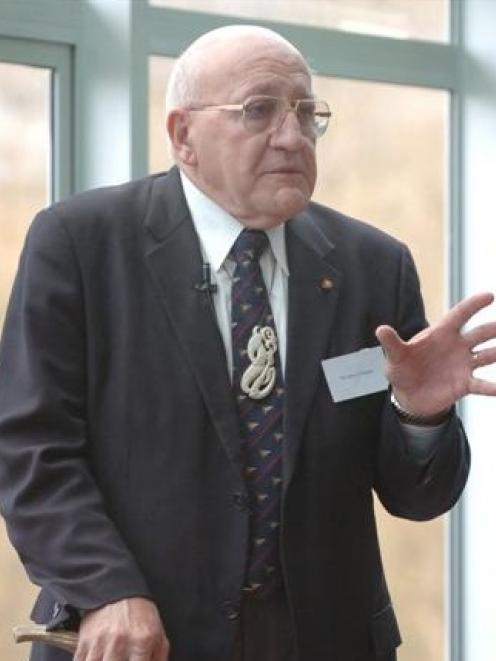
Delivering the opening address of the two-day Maori Business Symposium, Sir Tipene said changing the economic model was one of the most important questions facing Maoridom, otherwise "all we are doing is massaging a dying millionaire".
The Pakeha model of capitalism could not deliver the growth required by iwi, who were faced with the unique situation of an expanding shareholder base every generation.
There were now more Ngai Tahu members alive than had ever existed, with almost 40,000 members, he said.
"We have to build corporate and political structures that reflect the dream of intergenerational wealth, because it is wealth that funds identity."
One way of achieving wealth was for iwi not to "sell the family silver", and retain ownership of land, water, energy and fisheries.
Ngai Tahu and other iwi should also avoid becoming a privatised version of welfare, by growing "heartland" communities rather than make them reliant on shareholder cheques.
Industries such as Kaikoura tourism and the Bluff oyster harvesting were examples of Ngai Tahu investing in industries which raised the general wealth of those communities, he said.
"We have to have the capacity to manage ourselves and sustain ourselves," he said.
Held at the University of Otago School of Business, the symposium included talks by various speakers on the topic of `Intergenerational Wealth: Reigniting Indigenous Economies'.
Today's programme will include a keynote address by Ngai Tahu chairman (kaiwhakahaere) Mark Solomon.


